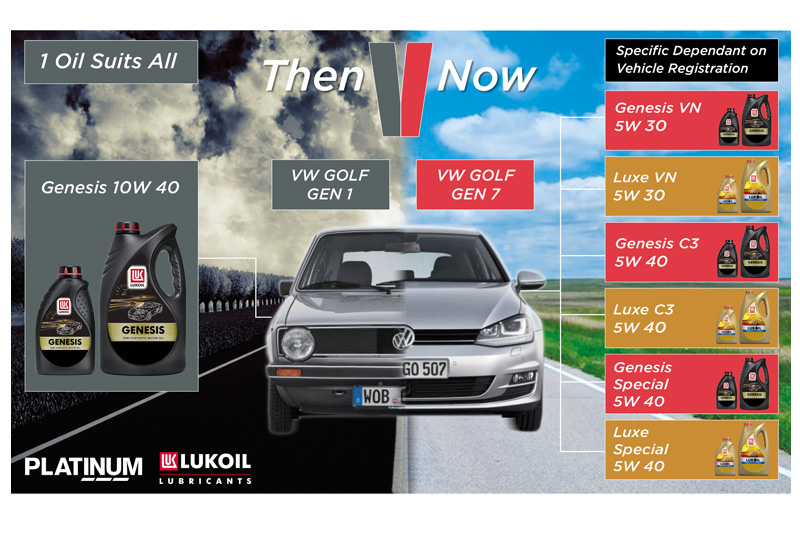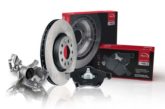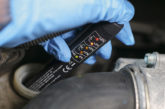
Platinum International, the UK distributor of LUKOIL, offers an insight into how the world of lubricants has changed over the years. With such a wide variety of products now available on the market, it’s not always easy matching oil to a vehicle. PMM finds out more.
Many years ago, lubricants as we now know them were simply referred to as oil, and only a few grades of oil were needed to cover the entire automotive vehicle parc. With the introduction of synthetic manufacturer specific oils, however, this is no longer the case. You now have to be very careful when choosing oil with the correct viscosity for a specific vehicle.
The difference between the old and new oils is that conventional/traditional oil is simply refined crude oil, whereas synthetic oil undergoes an advanced refining and formulation process to produce a higher purity and quality oil. This advanced process enables synthetic oil molecules to be more uniform, allowing less friction and more lubrication, whereas conventional oil molecules are inconsistent in size and generate more friction.
Today, nearly all vehicle manufacturers have their own set of specifications, which may differ from both ACEA and API specifications. Over the last few years, the number of manufacturer specifications has increased dramatically, resulting in a movement towards manufacturer-specific oils. The change in environmental regulations has led to more complex and variable engine configurations, which in turn leads to more specific requirements for engine oil. This has resulted in a number of different specifications of oil, even within the same viscosity. Bearing this in mind, Fig 1 serves to illustrate the evolution of the Volkswagen Golf and the range of engine oils that applies to the 7th generation Golf, compared to the 1st.
‘Back in the day’, it was very easy; you simply had one grade of oil that would cover the majority of the vehicle parc. With lubricant formulations now being so varied, it
can be quite confusing when choosing an oil grade, which can easily result in the wrong lubricant being used – with significant consequences and costly engine repairs. That’s why all leading lubricant manufacturers such as LUKOIL have developed online VRM tools for accurate and detailed application information. This tool allows you to eliminate errors by looking up the vehicle make and model to return the correct oil.
Today, LUKOIL Lubricants Europe is one of the leaders in the development and production of lubricants made for the most demanding weather conditions. The wealth of experience and resources at the company enables it to manufacture synthetic oils of the highest quality.









